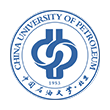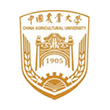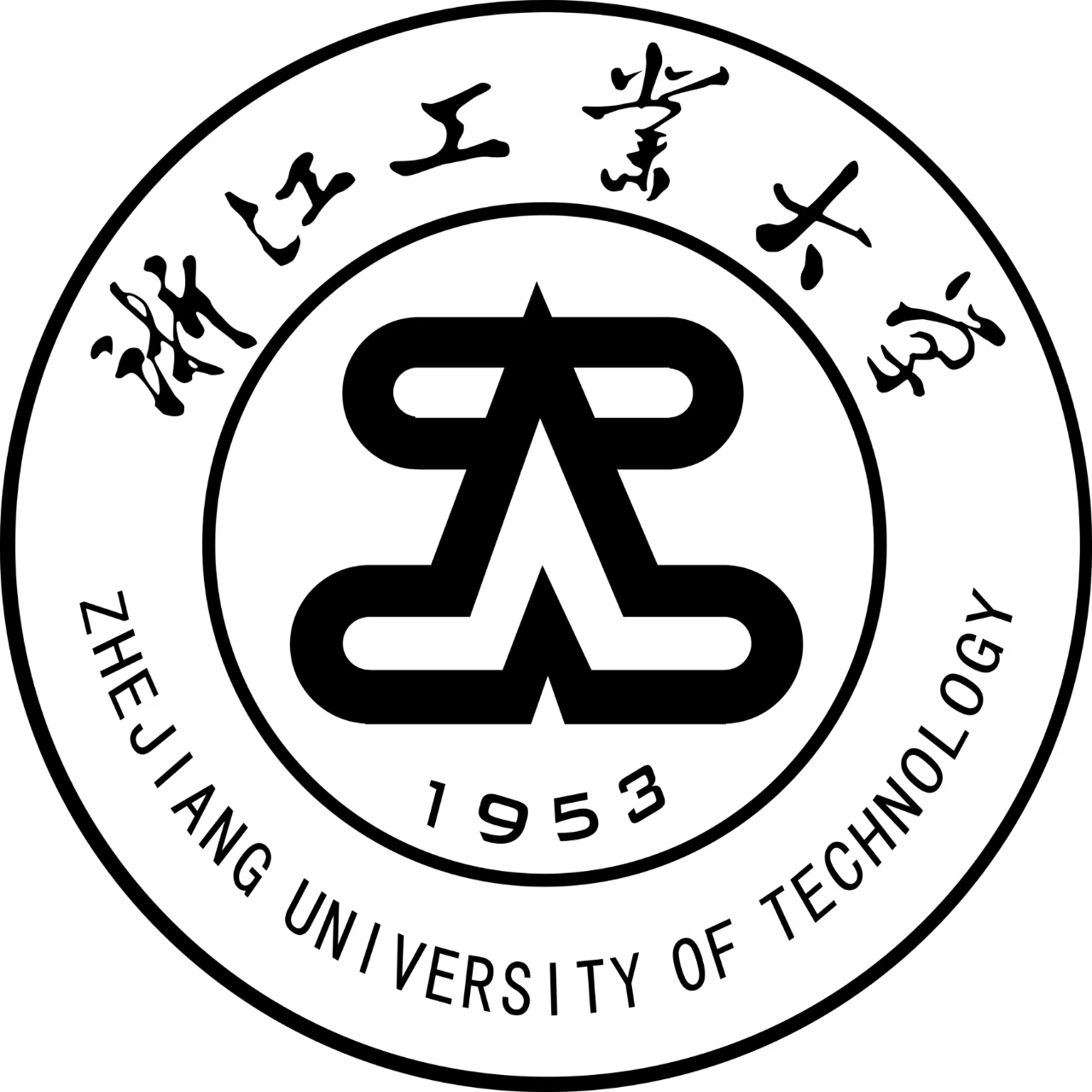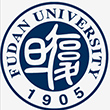樊勝根教授在China Daily發文談再生農業
中國農業大學經濟管理學院 2022-10-11 浏覽量: 3187 [簡/繁]
近日,中國農業大學全球食物經濟與政策研究院院長樊勝根教授與糧食和土地聯盟(Food and Land Use Coalition)中印項目管理者Seth Cook教授在China Daily發文“Regenerative farming to better protect soil, food”談再生農業,介紹了再生農業的背景、概念和做法。
中國在農業方面取得了顯著進步,但長久以來的集約化生産導緻農業生态系統遭到破壞。此外,全球氣候變化也不斷加劇農業生态系統的壓力。為确保未來糧食安全,必須轉向可持續和再生農業,保護農業生産所依賴的自然資源基礎。再生農業旨在再生退化的土壤和其他資源,超越了可持續農業的概念範圍。它通常與免耕、輪作、減少農用化學品投入等做法相關,但具體取決于當地生态和環境條件。如何在中國推廣可持續和再生農業?首先,重新定位農業支持。過往中國的肥料政策改革、稭稈還田增肥補貼等措施取得顯著成果,可以通過重新定位農業支持來促進可持續再生的做法,例如鼓勵使用覆蓋作物、多樣化輪作等,以減少污染和促進養分循環。此外,農業生态補償政策需要與現行生态補償法規相結合。浙江、江蘇等省正在做這方面的試驗。再者,需要對再生農業進行更加深入的研究。中國擁有龐大的示範農場網絡,為試驗和推廣再生方法提供了契機。同時,需要可靠的指标來評估可持續和再生實踐的結果。例如,可持續食品信托開發的全球農場指标可以适應中國的情況。最後,金融機制對于激勵采用可持續和再生農業至關重要。其中資金來源包括公共部門、私營部門、保險公司、零售和商業銀行、信用合作社、私募股權、慈善機構和主權财富基金等。在全球食物供應壓力不斷加大的背景下,食物安全仍舊是中國政府最關心的問題。恢複土壤的健康對于确保食物安全至關重要,可持續和再生農業都是必不可少的做法。通過擴大規模和增加投資,中國可以成為可持續和再生農業領域的全球領導者。以下是文章全文。
China has 18 percent of the world\'s population, but less than 9 percent of the world\'s cropland and only one-third of the global average availability of freshwater on a per capita basis. But despite these severe resource constraints, China has made remarkable progress in agriculture. For example, between 1949 and 2020, China\'s total grain production increased six-fold and per capita grain availability more than doubled.
More importantly, China is the world\'s largest agricultural producer and has a self-sufficiency rate in the production of key staples such as rice and wheat of more than 95 percent.
Yet China faces serious challenges on the agriculture front. Years of intensive farming have damaged the agro-ecosystems that play a critical role in China\'s food systems. About 40 percent of China\'s arable land has been degraded and more than 20 percent is contaminated by high levels of heavy metals such as cadmium, copper, lead and zinc.
Over-use of fertilizers and pesticides has contributed to soil degradation, and agriculture is now the largest source of water pollution in the country. Organic matter levels in the rich black soils of Northeast China have declined by more than 75 percent since the 1950s and are estimated to be dropping by 1-2 millimeters per year.
Moreover, climate change is straining China\'s agricultural production systems, as the severe drought this year amply illustrates.
In order to ensure the country\'s food security in the coming decades and protect the natural resource base upon which farming depends, a shift toward sustainable and regenerative agriculture is imperative. Sustainable agriculture is already a familiar concept in China, whereas regenerative agriculture is a more recent concept that is gaining increasing currency around the world and is being championed by farmers, academics and corporations alike.
Regenerative agriculture goes a step beyond sustainable agriculture in that it is aimed at regenerating degraded soils and other resources. It is commonly associated with practices such as no till/minimum tillage, cover crops, diverse crop rotations, reduction of agrochemical inputs and well-managed grazing, although the specific practices followed vary from place to place, depending on the ecological and socioeconomic conditions of a particular area.
But how can we promote sustainable and regenerative agriculture across China?
One of the best ways to do so is to repurpose agricultural support. China has already made significant progress in this area, such as through the reform of fertilizer policies, the subsidies for returning straw to the land to augment soil with organic matter, and measures to promote the use of organic manures, recycling of agricultural wastes and the use of low-toxicity bio-pesticides.
Yet more can be done by repurposing agricultural support to promote sustainable and regenerative practices-such as incentivizing the use of cover crops, minimum tillage, diverse crop rotations and the integration of animal and arable production-which can foster a circularity of nutrients and reduce pollution from animal wastes.
Also, ecological compensation policies for agriculture need to be integrated into current ecological compensation regulations. Provinces such as Zhejiang and Jiangsu are already experimenting with this.
China has a large network of demonstration farms, including some ecological farms, which provide an excellent opportunity to test and adopt regenerative approaches in these farms. But for that, more resources need to be devoted to research on this topic, as most of the agricultural research funding both internationally and in China currently goes to research in conventional agriculture. For instance, more research is needed on how to maintain, and increase, productivity as farming systems transition to more sustainable and regenerative practices.
At the same time, reliable metrics are needed for assessing the outcomes of sustainable and regenerative practices. For example, the Global Farm Metric developed by the Sustainable Food Trust can be adapted to the Chinese context.
Lastly, financial mechanisms are crucial for incentivizing the adoption of sustainable and regenerative agriculture, for which both public sector and private sector finance will be required. Carbon markets are one powerful mechanism that could be used to reward Chinese farmers for their contributions to reducing greenhouse gas emissions and sequestering carbon. Other potential sources of finance include insurance companies, retail and commercial banks, credit unions, private equity, philanthropies and sovereign wealth funds.
Food security is a top concern for the Chinese government, even more so now given the pressure on global food supplies. Restoring the health of the soil in China is critical to ensuring food security. Sustainable and regenerative agriculture is indispensable to both soil health and food security. With wider up-scaling and investment, China can become a global leader in the field of sustainable and regenerative agriculture, just as it already is for renewable energy.
Shenggen Fan is a professor at, and dean of, the Academy of Global Food Economics and Policy, China Agricultural University, and Seth Cook is China-India Project Manager, Food and Land Use Coalition.The views don\'t necessarily reflect those of China Daily.
- [End] -内容轉自全球食物經濟與政策研究院
編輯:劉蕊
(本文轉載自中國農業大學經濟管理學院 ,如有侵權請電話聯系13810995524)
* 文章為作者獨立觀點,不代表MBAChina立場。采編部郵箱:news@mbachina.com,歡迎交流與合作。
-
+1

贊
-
+1

收藏




 搜索
搜索







































